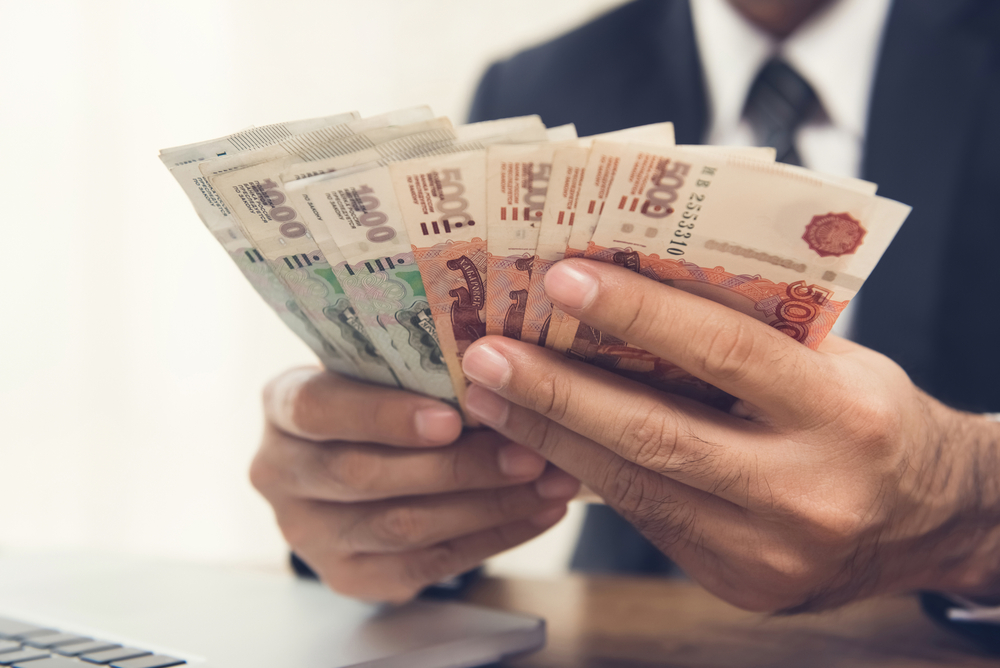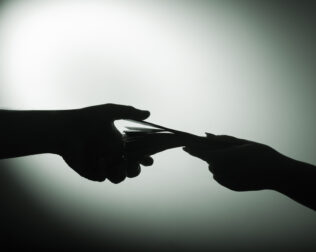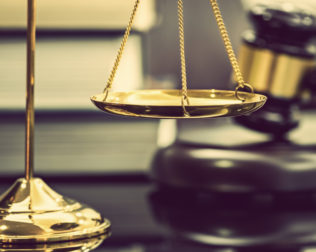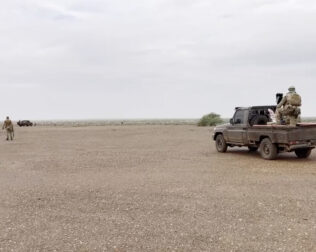By Dylan Myles-Primakoff
The restoration of Russia’s status as a world power has been a top ideological priority of the country’s Putin-era government. The Russian economy, however, poses a significant impediment to this goal. Even during the relative boom years of 2000-2007, the size of the country’s economy never matched its geopolitical ambitions; since 2014, the combination of low oil prices and the Western economic sanctions imposed in response to Russia’s aggression in Ukraine have further hobbled Russia’s ability to project power via economic means.
Nevertheless, the regime in Russia has shown great ingenuity in using economic resources as a tool for exploiting the rules of the globalized world order for the benefit of Russia’s narrow elite. The regime has used large-scale corruption internationally both to undermine democratic resolve and principles in established democracies, and to influence foreign political and economic elites (particularly in former Soviet states and satellites).
This process is enabled by two distinctive features of the Russian economy: the extreme concentration of wealth in the hands of a powerful elite, and the extraordinary amount of that wealth that is held outside of the country. One recent report estimates that the richest 10 percent of Russians own 87 percent of the country’s wealth. A separate study by leading economists shows that wealth is moving offshore on such a scale that Russian citizens’ total offshore holdings are now equal in value to those assets held inside the country.
Nevertheless, the regime in Russia has shown great ingenuity in using economic resources as a tool for exploiting the rules of the globalized world order for the benefit of Russia’s narrow elite.
At the same time, the super-rich responsible for this capital flight from Russia do not fully control this wealth themselves. The state of property rights and the rule of law in Russia today is such that these oligarchs’ ability to continue to accumulate wealth in Russia (or even to maintain control of their assets) is entirely contingent on their standing with the Putin regime. Throughout Putin’s tenure, formerly powerful oligarchs who show political disloyalty or simply lose internal power struggles have been arrested on politically-motivated charges and had their assets seized by the state for distribution to other oligarchs in better political standing.
As a result, it is well understood by Russia’s oligarch class that it is in their personal interest to use their wealth in ways to maintain the regime’s political favor. In some cases, this can mean domestic spending on important political constituencies (i.e., raising wages or subsidizing social benefits prior to elections), or contributions to political projects such as the infrastructure for the 2014 Sochi Winter Olympics. Perhaps more significant, however, are the instances when this same phenomenon appears abroad; such cases reveal the nature of Russian kleptocracy’s interaction with the world of international politics.
It is of course not unusual for wealthy citizens of any country to engage in personal international initiatives—philanthropic, political, or otherwise—that serve (intentionally or not) as instruments of their countries’ soft power. What is unusual in the Russian case is the motivation (buying political goodwill as insurance against expropriation) and the consequent close alignment of wealthy Russians’ international activities with the Russian state and its foreign policy goals.
These kinds of international activities fall along a spectrum. At the more innocuous end are projects like the Dialogue of Civilizations Research Institute (DOC), a Berlin think tank with a Russia-sympathetic world outlook founded in 2016 by Vladimir Yakunin, a billionaire and former head of Russia’s state railways, who maintains a close relationship with Vladimir Putin and is rumored to have a KGB past. At the more dramatic end, the oligarch Konstantin Malofeev, a billionaire investment banker, is widely reported to be involved in helping to finance and organize separatists fighting in eastern Ukraine.
The ability to purchase entry into these communities gives wealthy Russians access to the social circles of Western political and economic elites, as do purchases of high-profile assets like professional sports teams and generous donations to universities and cultural institutions.
In between these extremes, however, lies a wide range of influence activities that are more difficult to identify or to quantify, but which nevertheless are important in advancing the Russian elite’s interests and objectives. For example, the trend of wealthy Russians buying high-end luxury real estate in select urban markets (London, Manhattan, Miami, etc.) has a practical component—transferring wealth to jurisdictions with more solid rule of law, in a sector whose practice make it easier to conceal funds’ origins—but also a political one. The ability to purchase entry into these communities gives wealthy Russians access to the social circles of Western political and economic elites, as do purchases of high-profile assets like professional sports teams and generous donations to universities and cultural institutions.
On their own, of course, these purchases and donations do not distinguish Russian oligarchs from any other members of the global elite. However, these activities must also be viewed through the lens of the politicized nature of wealth in today’s Russia described above. When a museum accepts a donation from a Russian businessman, or a sports league allows a wealthy Russian to purchase one of its franchises, it is de facto legitimizing the kleptocratic system through which that wealth was accumulated. Thus, these transactions in a subtler way serve to normalize the large-scale corruption that allows a select few Russians to become tremendously wealthy, and by extension, normalize the Russian regime itself.
This post is based upon a longer article, titled “Power and Plunder in Putin’s Russia,” that appears in the January 2018 Journal of Democracy.
Dylan Myles-Primakoff is a Senior Program Officer working on NED’s Russia and Eurasia programs. Prior to joining the NED, he worked on Russia and Eurasia projects at Georgetown University and the World Bank. Follow him on Twitter @DylanPrimakoff.
The views expressed in this post represent the opinions and analysis of the author and do not necessarily reflect those of the National Endowment for Democracy or its staff.
Image Credit: Atstock Productions/Shutterstock







Comments
Beating kleptocrats at their own game: Learning how to tackle kleptocracy more effectively – Global Integrity
June 13, 2019
[…] DC, provide creative mechanisms through which kleptocrats channel their ill-gotten gains by giving donations to universities, for example; get reputation makeovers, including granting prize awards to multilateral […]
Forum Newsletter – NATIONAL ENDOWMENT FOR DEMOCRACY
April 12, 2018
[…] “Russia’s Kleptocratic Projection of Power“ […]
“The Rise of Kleptocracy” and Other News from the International Forum for Democratic Studies – NATIONAL ENDOWMENT FOR DEMOCRACY
April 11, 2018
[…] “Russia’s Kleptocratic Projection of Power“ […]